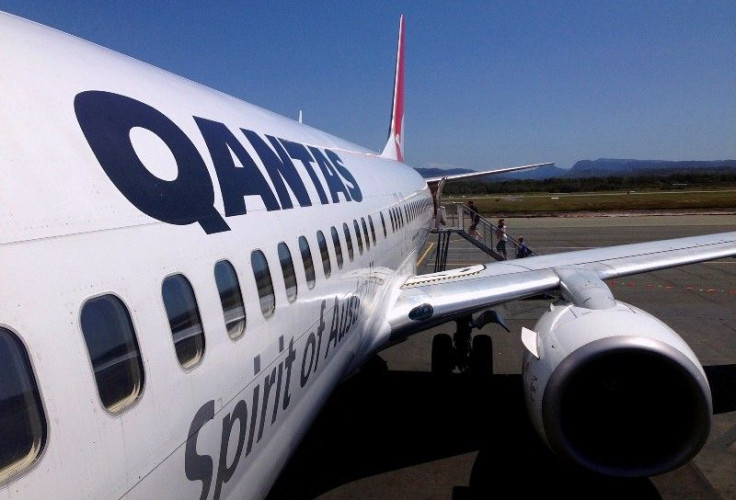Global aviation industry seeks governments' help to achieve climate goals

The aviation industry has reaffirmed its commitment to climate change action and urged the approval of a meaningful market-based measure to help curb airline emissions.
In an open letter, a group of 28 aviation industry chief executives and association leaders called for a joint approach to help deliver maximum carbon dioxide, or CO2, emissions reductions in the aviation sector. While acknowledging the progress they made so far, the industry recognises that more needs to be done.
Among the transport sector, aviation was the first to set global goals to proactively manage its climate change impact in 2008. The goals include improving the fuel efficiency of the world fleet by an average 1.5 percent per annum and capping net CO2 emissions from 2020 through carbon-neutral growth. They also set a longer-term target to reduce net CO2 to half of 2005 levels by 2050.
To realise these goals, the group asked for governments’ support in these efforts. In the letter, they highlighted a range of actions that should be done, such as air traffic management investment and reform and continued support for research into new technology, operations and sustainable alternative fuels. They also stressed the need for improved intermodal transport planning and the right policy framework to help accelerate the availability of sustainable alternative fuels for airlines.
The group underlined the importance to agree for the implementation of a simple global offsetting scheme, which will stabilise air transport carbon emissions growth at the upcoming 39th International Civil Aviation Organisation Assembly, or ICAO. They also sought for an endorsement of a historic global CO2 standard for new aircraft.
“It's a challenging task… But it is one to which the aviation industry is fully committed. We need governments meeting at ICAO to work together with us and civil society to push this process forward. To delay will harm a vital global sector and harm our global climate,” the letter stated.
The open letter, published 60 days before the crucial COP21 climate talks in Paris, was penned by the chief executives of all the world’s major aircraft and engine manufacturers, leaders of associations, as well as airports and air traffic management organisations.
GE Aviation, which is among that signed the open letter, entered a new agreement with Qantas this week to help the company in reducing fuel consumption and carbon emissions. In a statement, GE said it would collaborate with Qantas on “specific initiatives to support the transformation strategy such as flightcrew awareness, procedure compliance, operational insights and airspace utilisation improvements.”
The new agreement includes GE’s Flight Efficiency Services, which covers navigation services and data and analytics services to increase operational flexibility and improve fuel efficiency across the Qantas and Jetstar fleet. GE’s support also includes access to the company’s analytical tools and process improvement, six sigma, change management and other domain expertise.
Contact the writer at feedback@ibtimes.com.au or tell us what you think below.





















